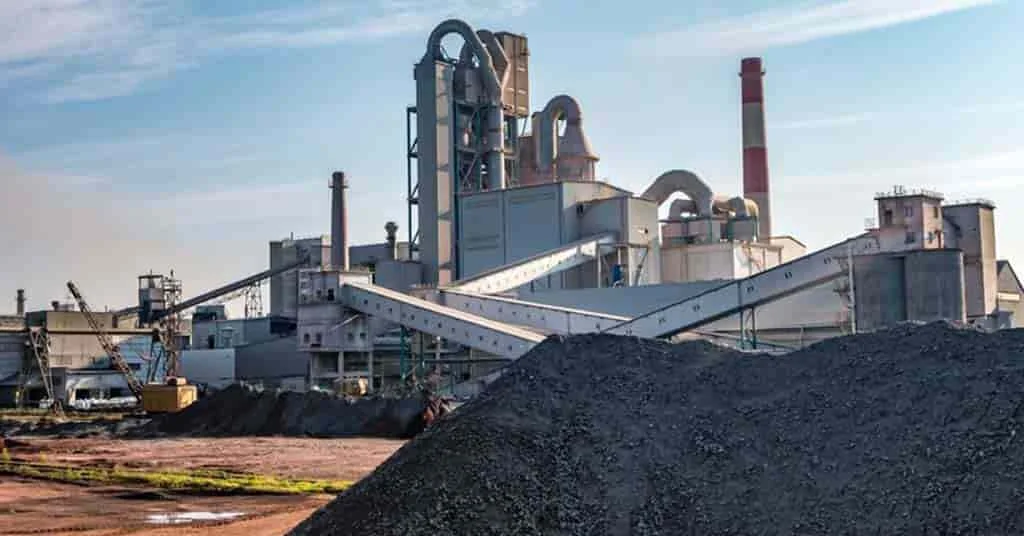Welcome To ChemAnalyst

Stellantis, a major player in the automotive industry, has taken a bold step by committing to invest over $100 million in a groundbreaking geothermal lithium project situated in California. This strategic move is underpinned by the primary goal of establishing an environmentally sustainable supply chain tailored for electric vehicles (EVs).
This substantial financial injection serves a dual purpose. Beyond contributing to the project's advancement, Stellantis aims to make its EVs eligible for consumer incentives in line with the stipulations of the federal Inflation Reduction Act.
The project at the heart of this investment bears the moniker "Hell's Kitchen." It is strategically situated in proximity to the ecologically vulnerable Salton Sea. Spearheaded by Controlled Thermal Resources Holdings Inc., the endeavor holds the distinction of being the largest geothermal lithium sourcing initiative on a global scale. The anticipated result of this ambitious undertaking is the annual production of a remarkable up to 300,000 metric tons of lithium carbonate equivalent.
In a significant development, the companies involved in this collaboration have chosen to expand the scope of their initial supply agreement. This enhancement manifests in Controlled Thermal Resources committing to supply an annual amount of up to 65,000 metric tons of battery-grade lithium hydroxide monohydrate. This substantial augmentation represents an almost threefold increase from the volume originally stipulated in the agreement. Importantly, this commitment is set to span an entire decade, underscoring the long-term vision of this partnership.
A defining hallmark of the Hell's Kitchen project lies in its resolute commitment to adopting renewable energy and steam for the recovery of lithium from geothermal brines. The execution of this process occurs within a meticulously designed and integrated framework, resulting in the production of battery-grade lithium products that proudly bear the label of being "green." What sets this approach apart is its deliberate deviation from conventional practices such as the use of evaporation brine ponds, open pit mines, and fossil fuel-dependent lithium processing. By circumventing these conventional methods, the project seamlessly aligns with the core tenets of sustainability and environmental responsibility.
The collaboration between Stellantis and Controlled Thermal Resources transcends the realm of business as usual. It marks a substantial stride towards cultivating greener alternatives within the EV industry, one that's acutely aware of the pressing need to transition to more sustainable energy sources. Initiatives like the Hell's Kitchen project wield transformative potential, not just in terms of sourcing and processing key materials, but also in catalyzing a shift in the broader industry landscape. Beyond the immediate goal of greening the supply chain, this partnership serves as a testament to the power of innovation and creative problem-solving. It underscores the industry's collective commitment to mitigating the environmental impact associated with critical components of electric vehicles, including battery production.
In conclusion, Stellantis' substantial investment in the Hell's Kitchen geothermal lithium project is a testament to its dedication to sustainability and innovation. This forward-thinking partnership exemplifies the potential of collaboration between industry leaders to drive meaningful change in the realm of electric vehicles and beyond. As the global transportation sector navigates the road to a more sustainable future, endeavors like Hell's Kitchen pave the way for a greener, more environmentally responsible journey.
We use cookies to deliver the best possible experience on our website. To learn more, visit our Privacy Policy. By continuing to use this site or by closing this box, you consent to our use of cookies. More info.
